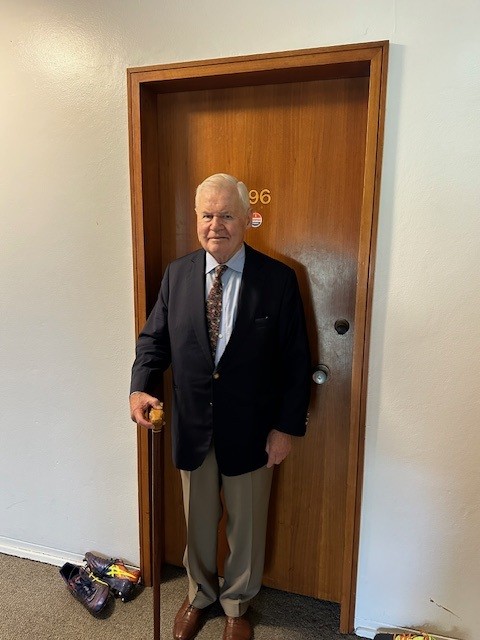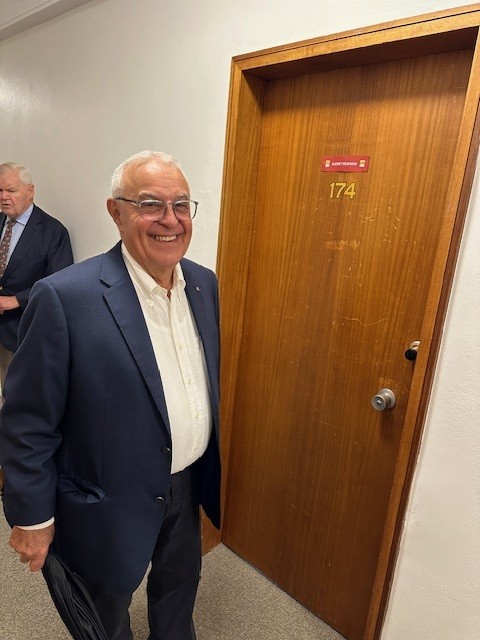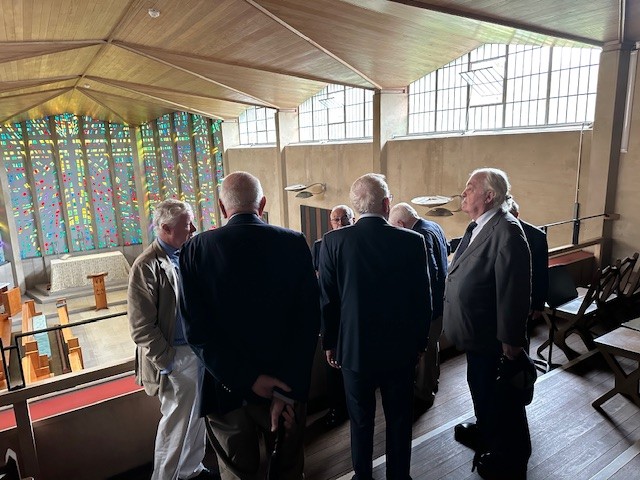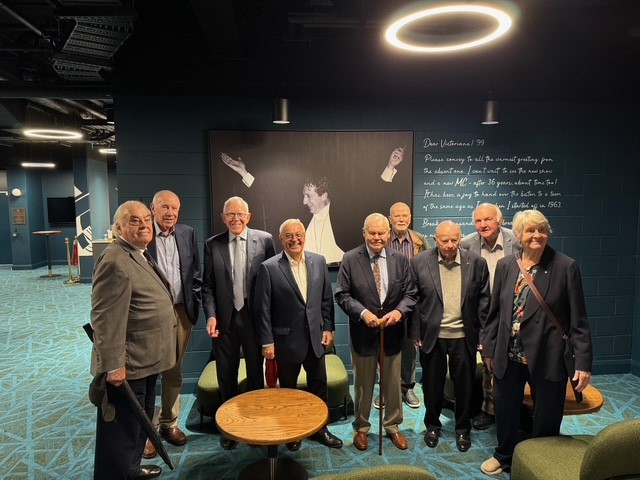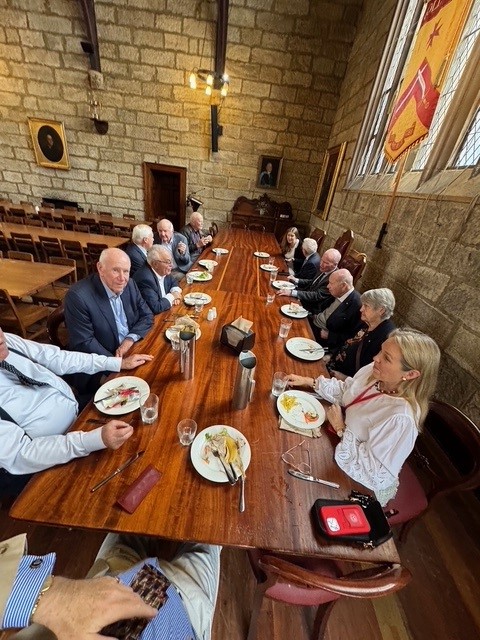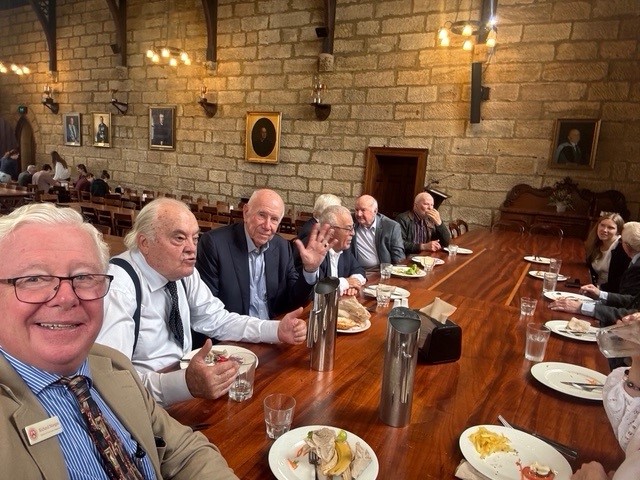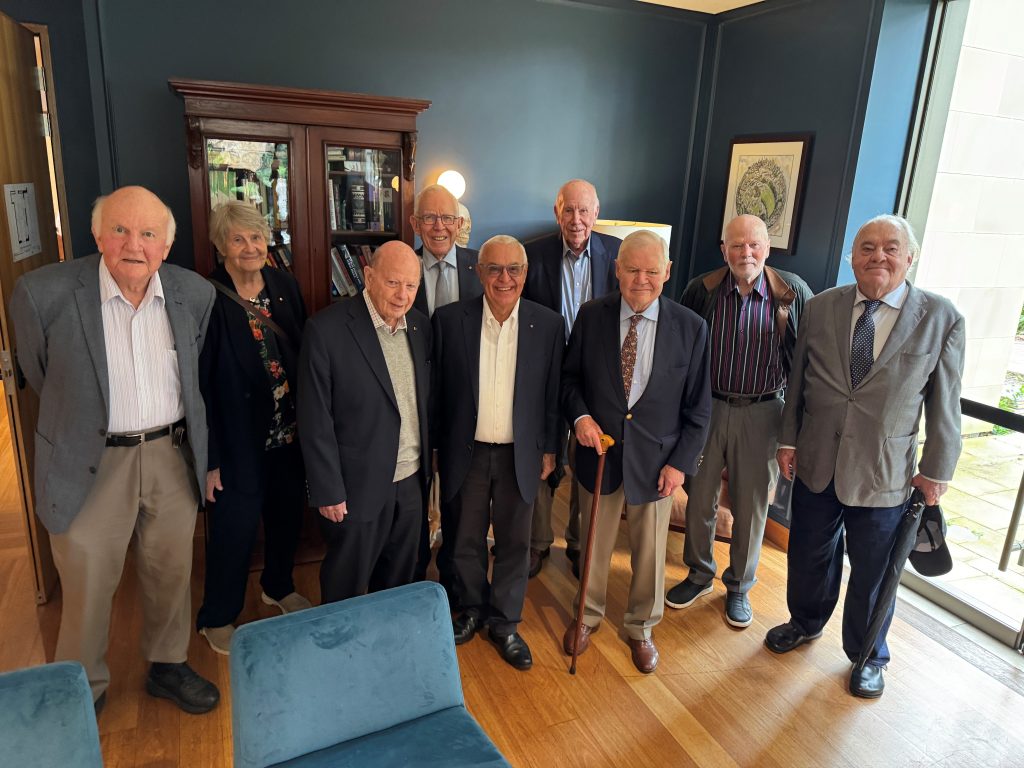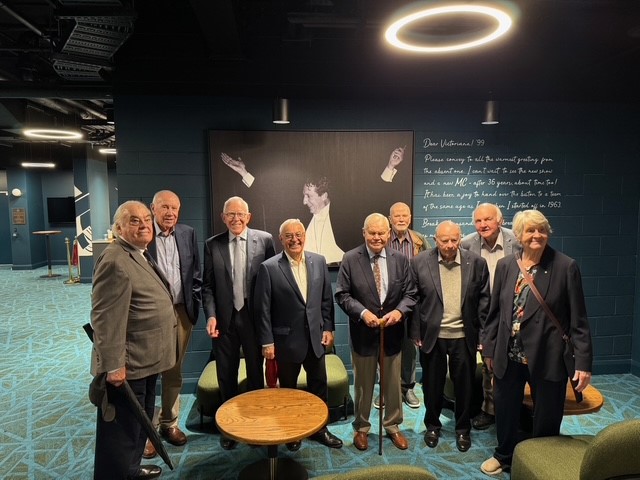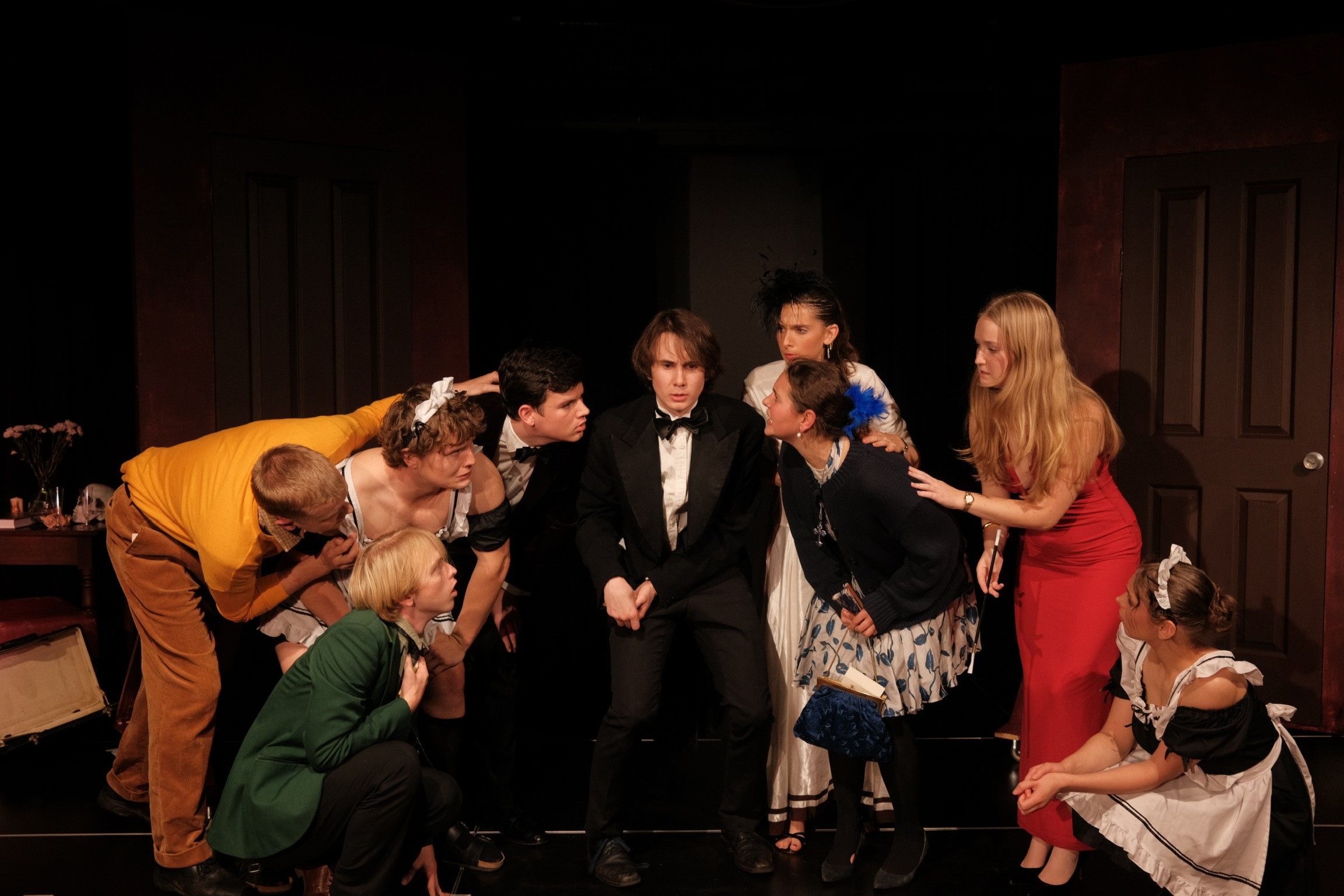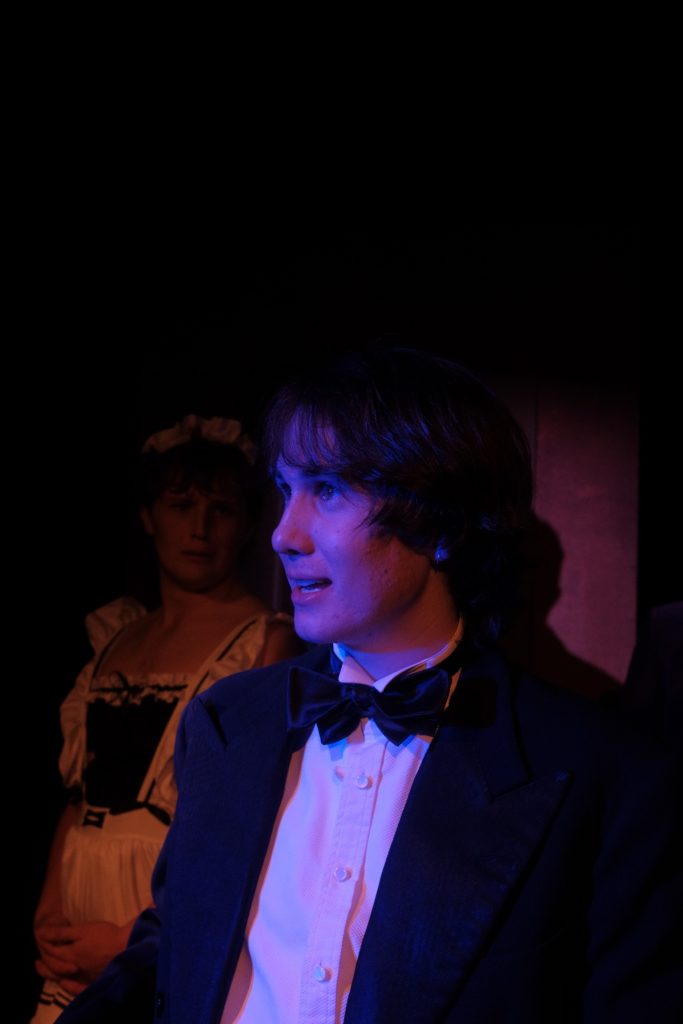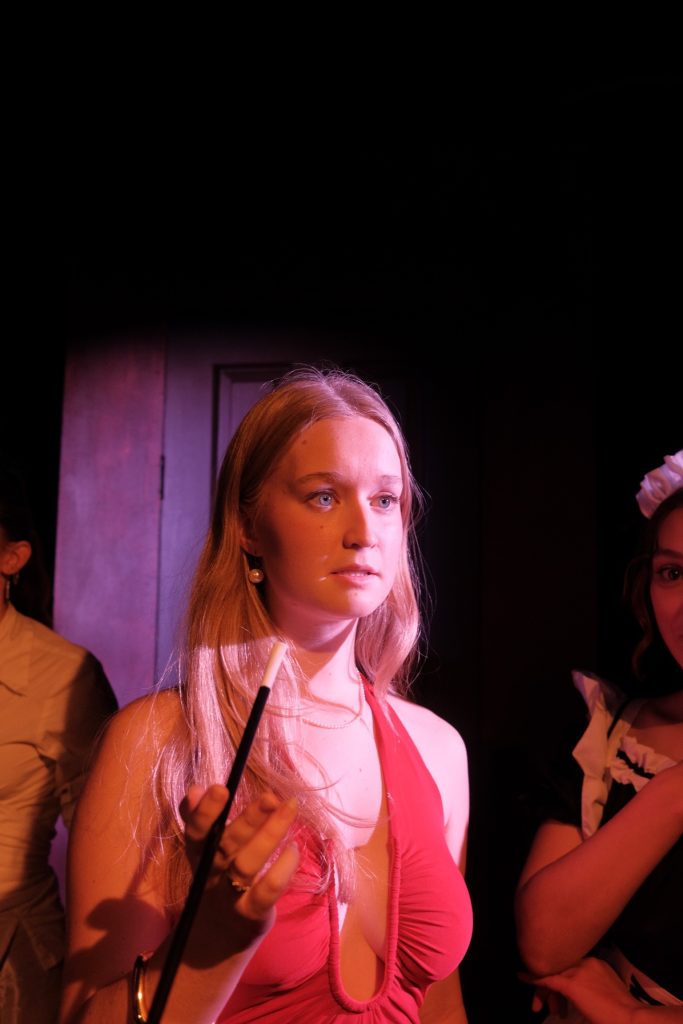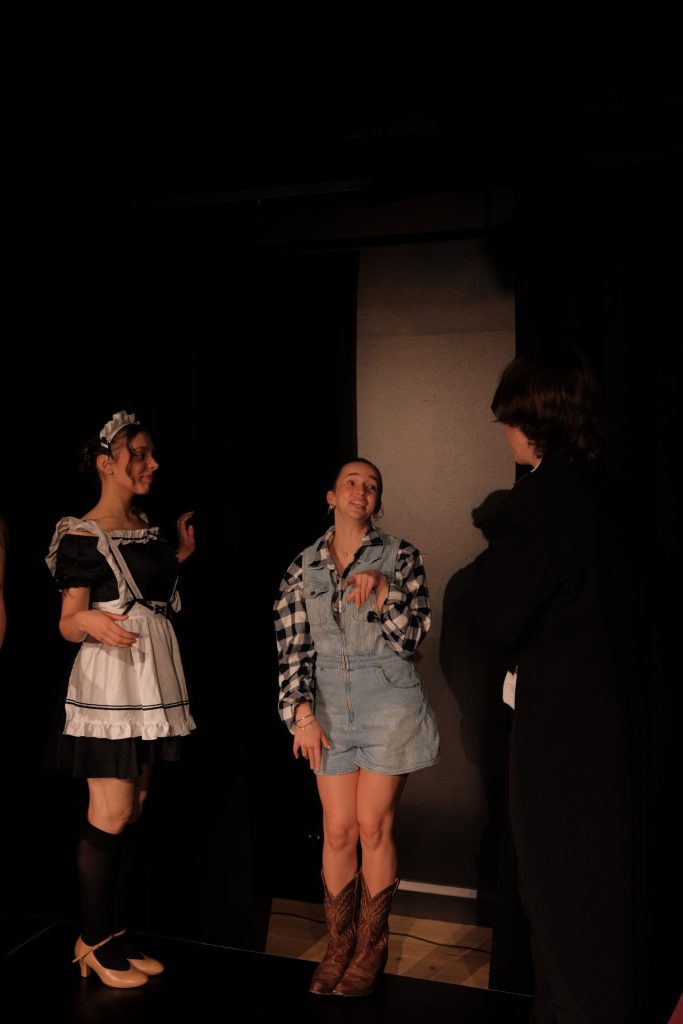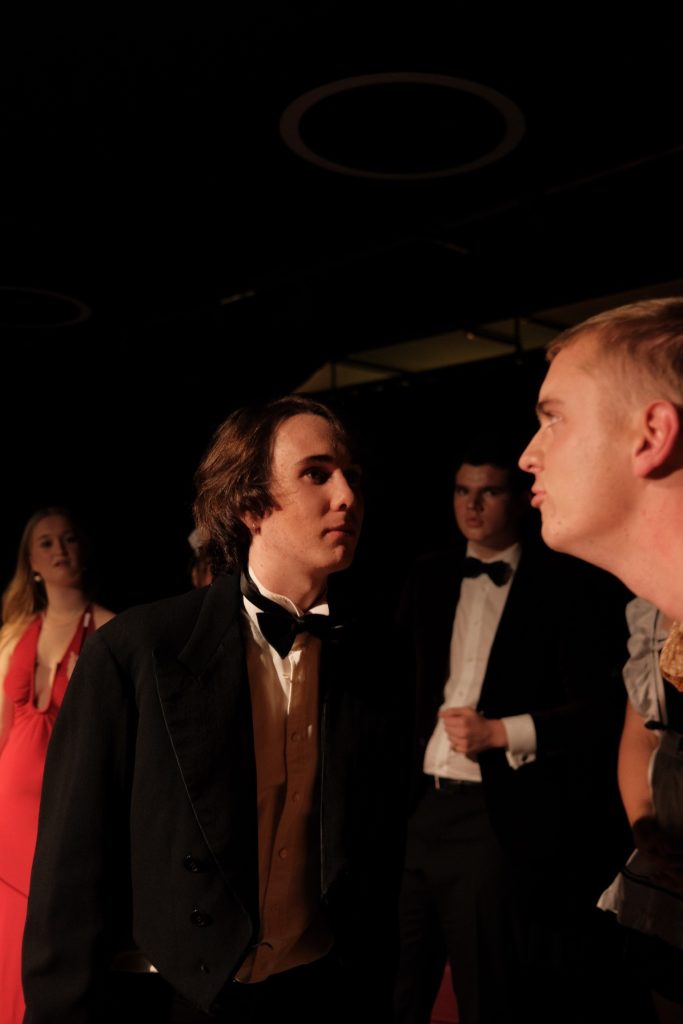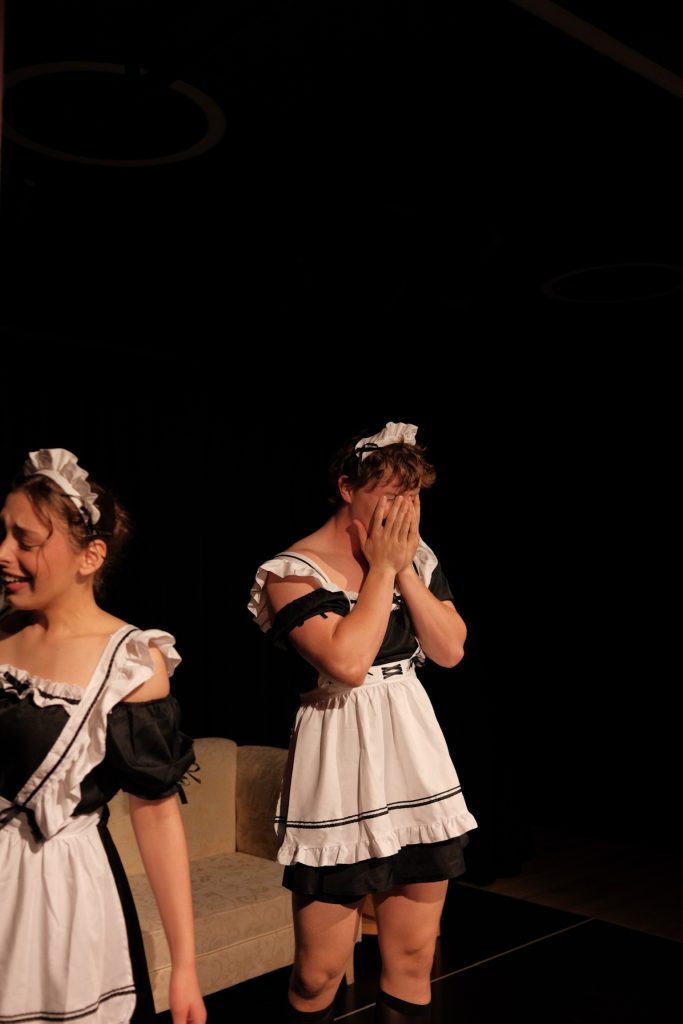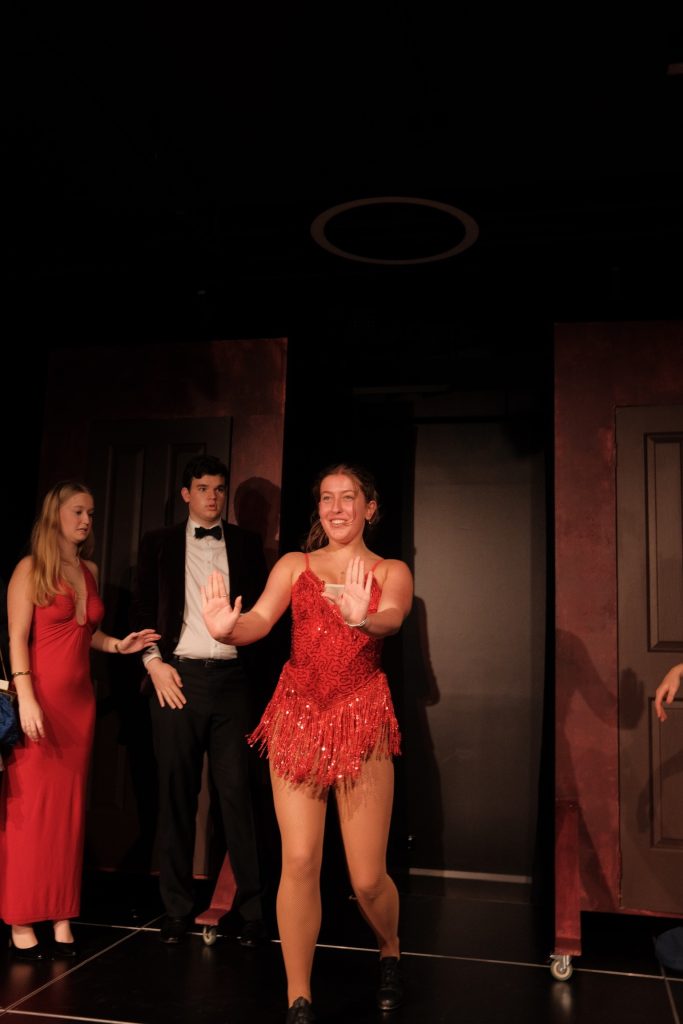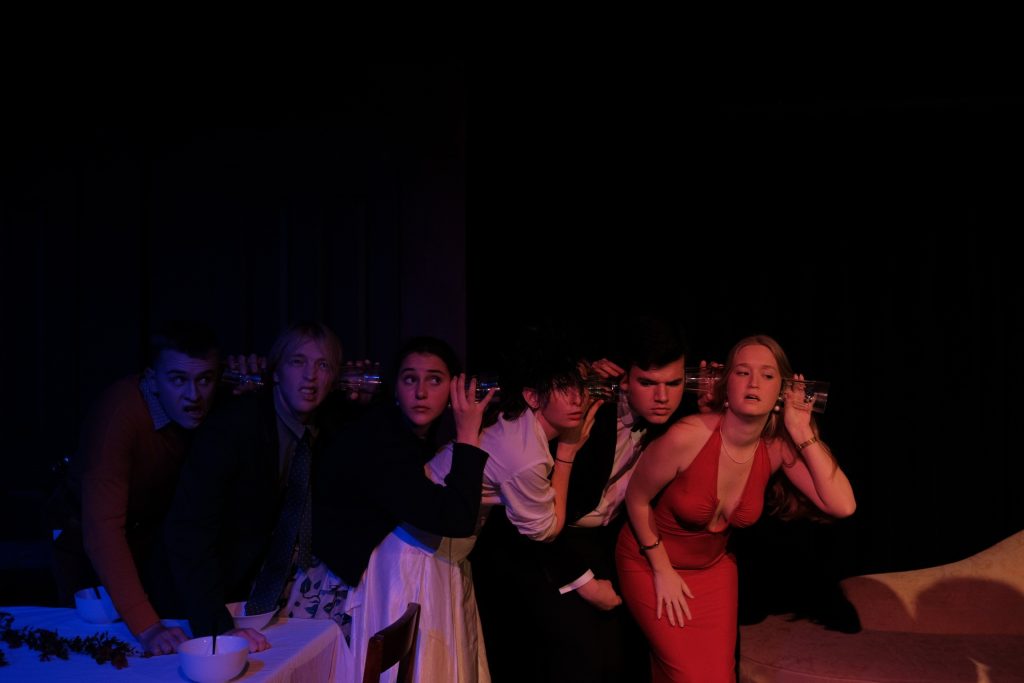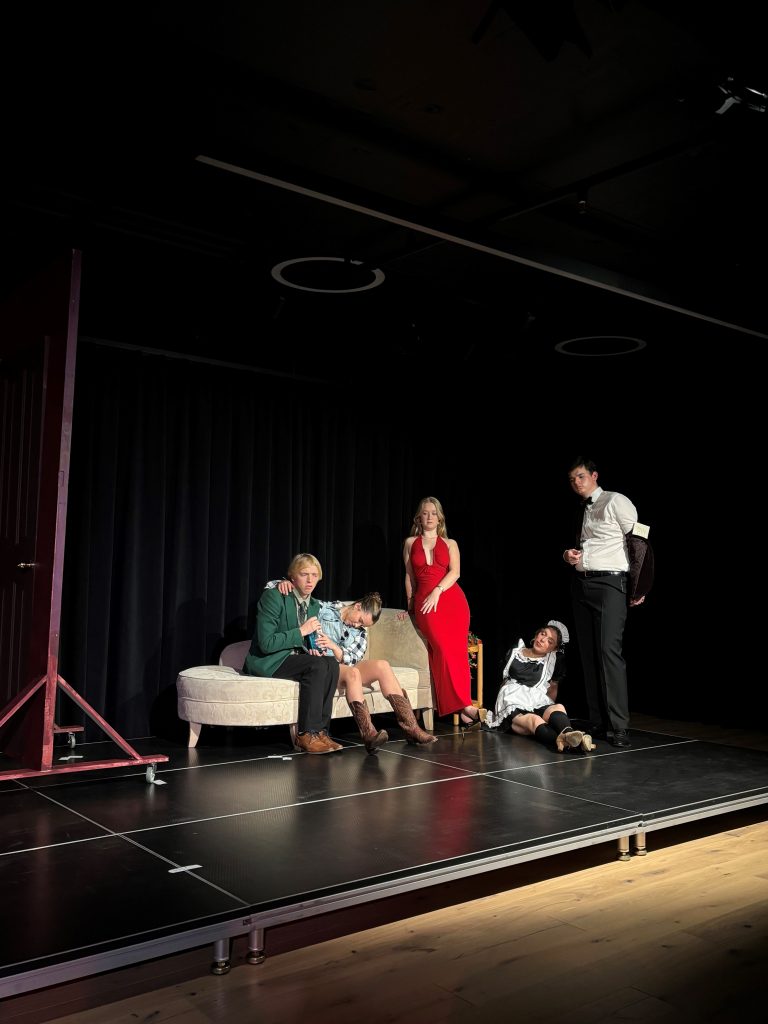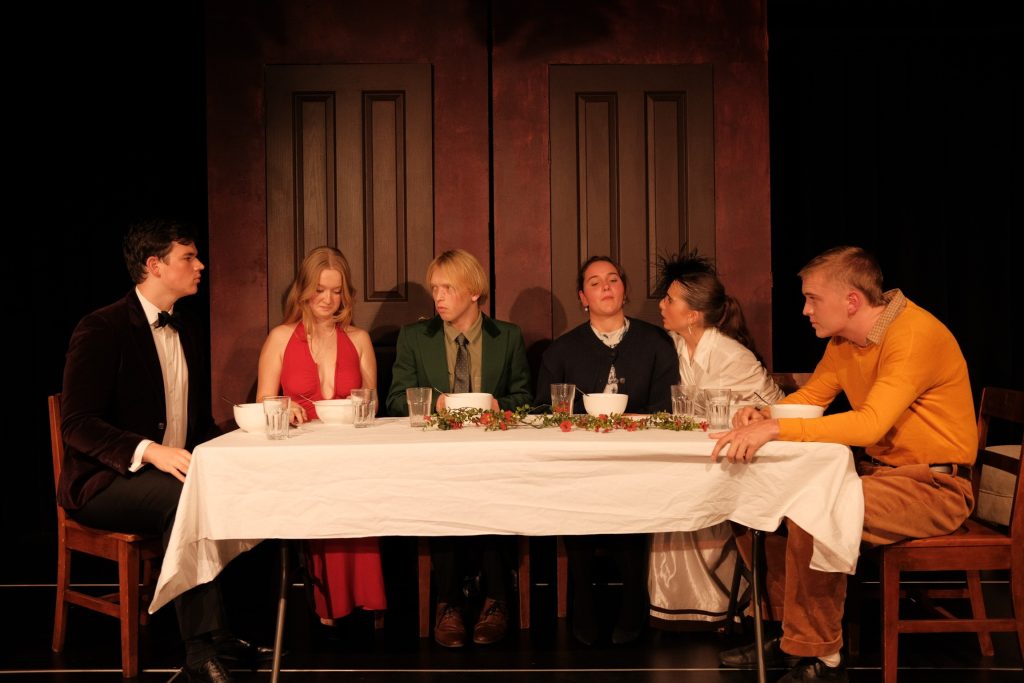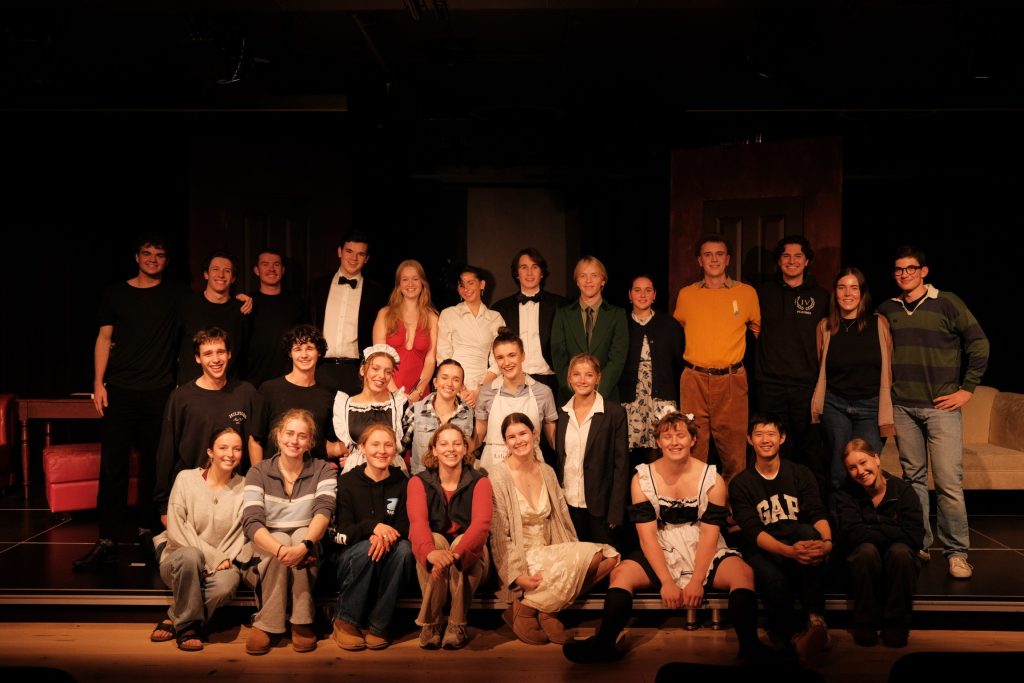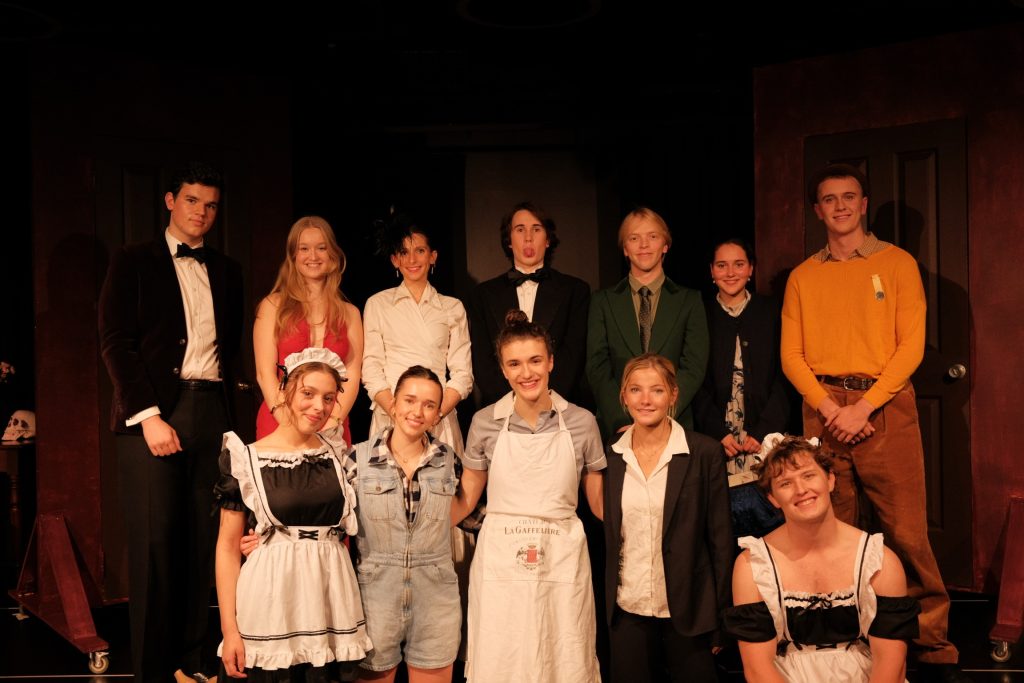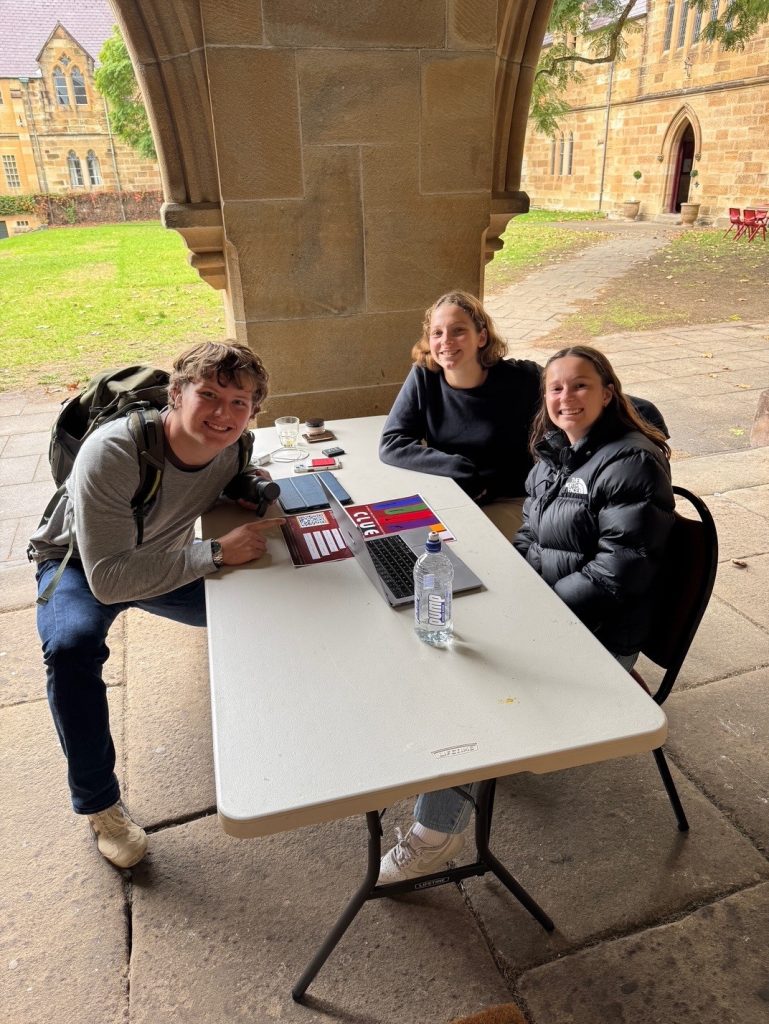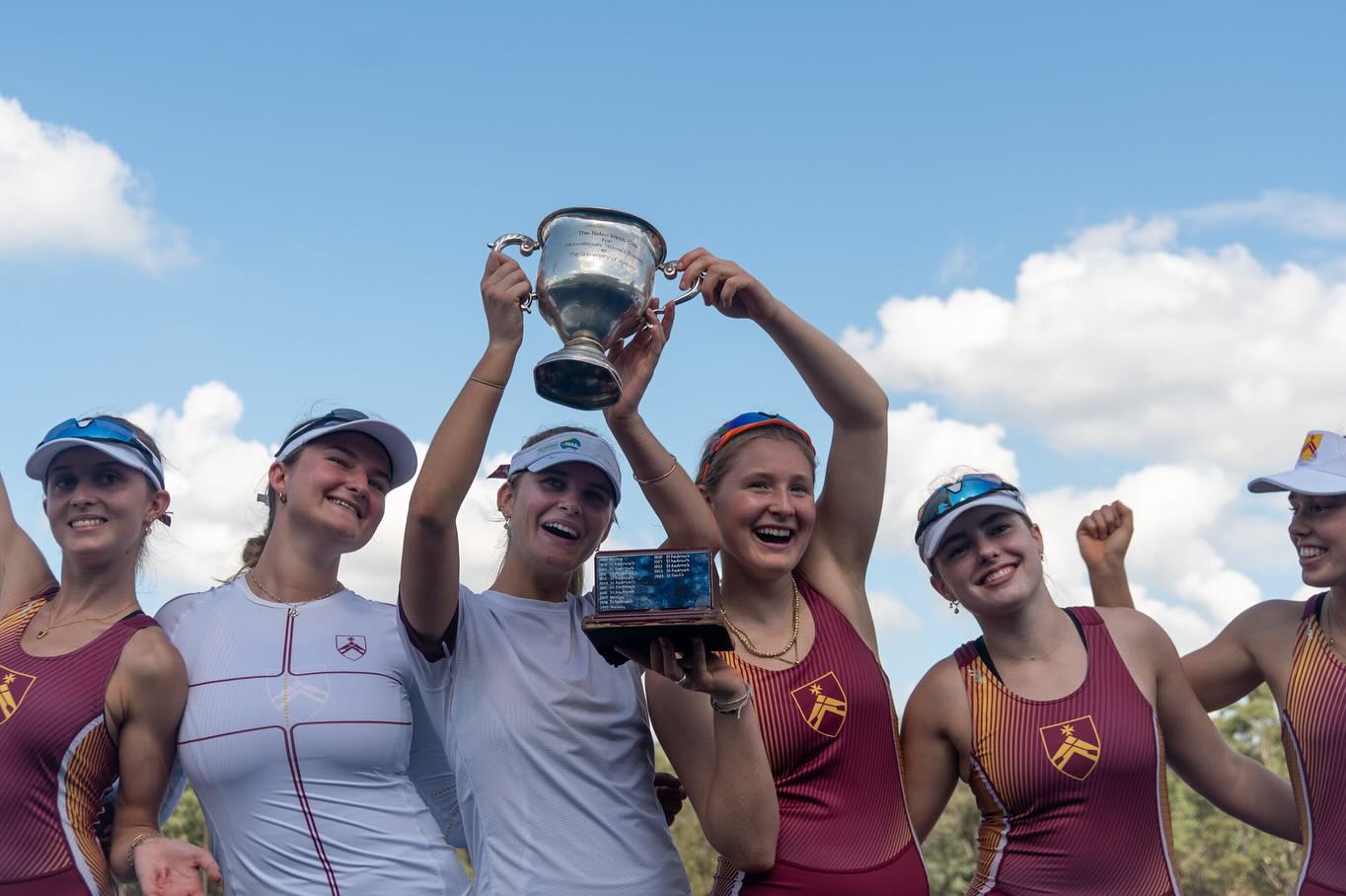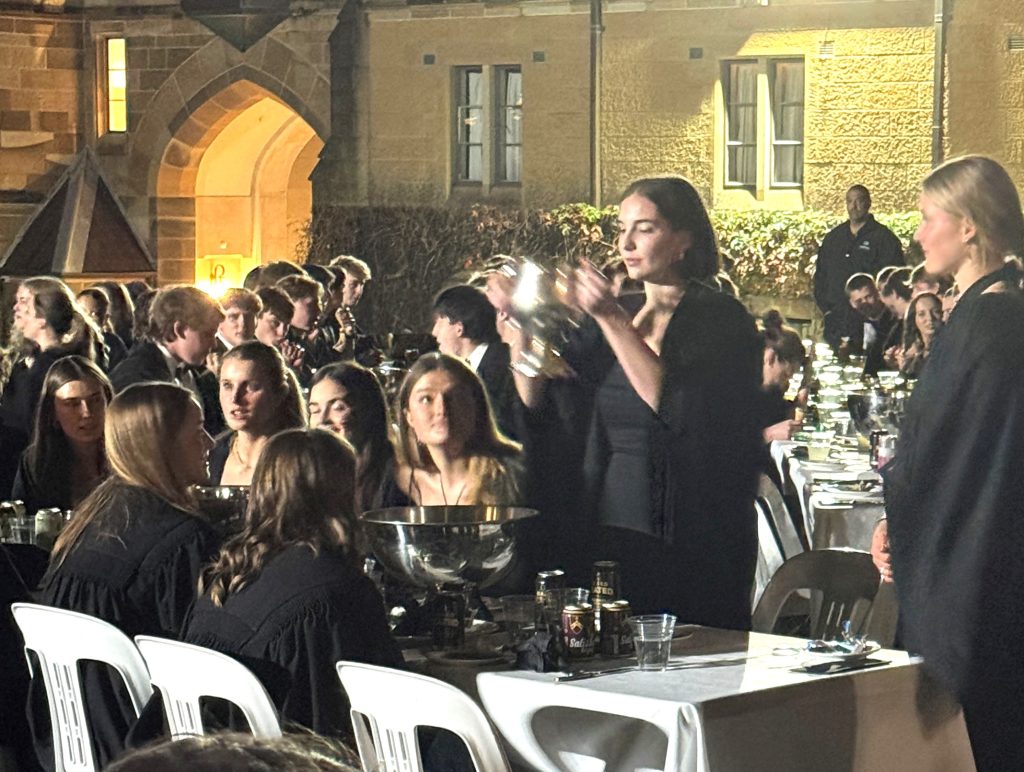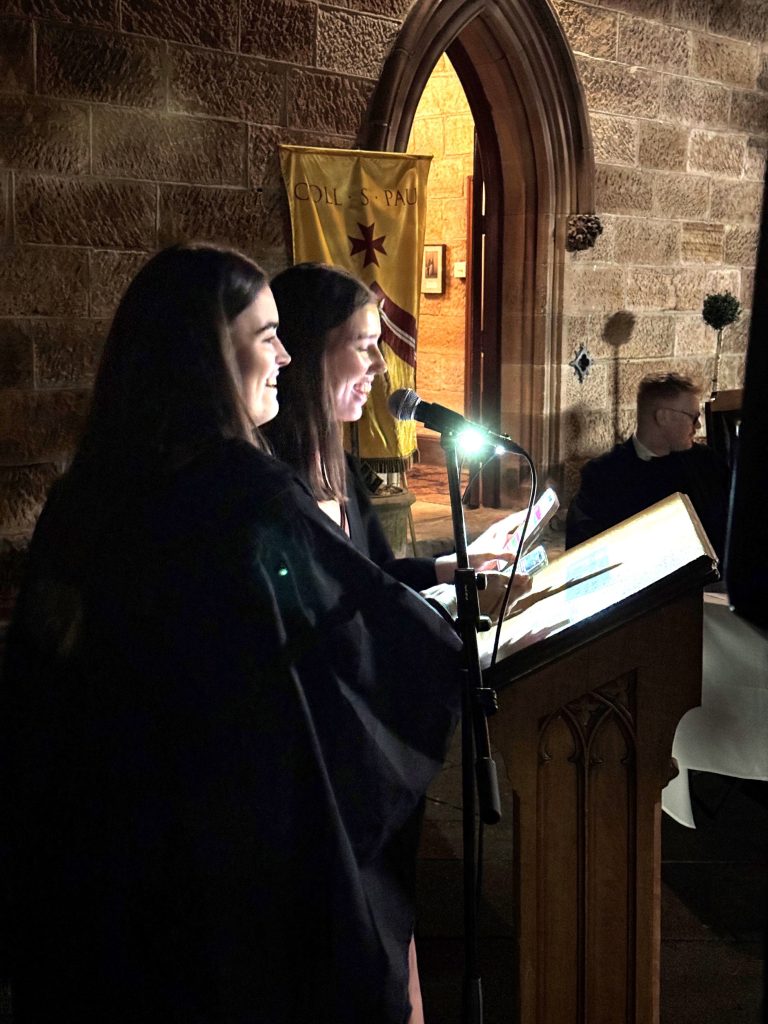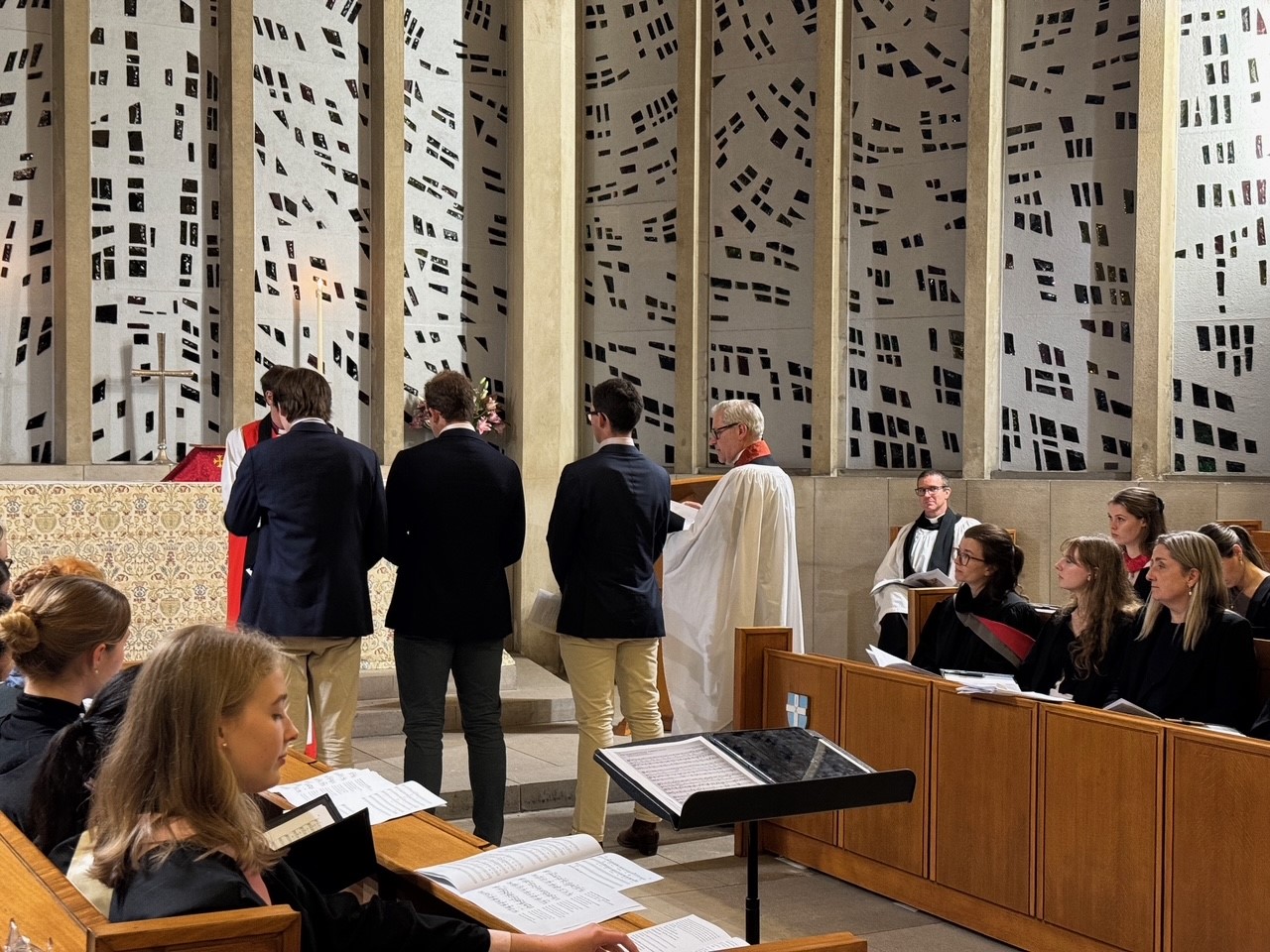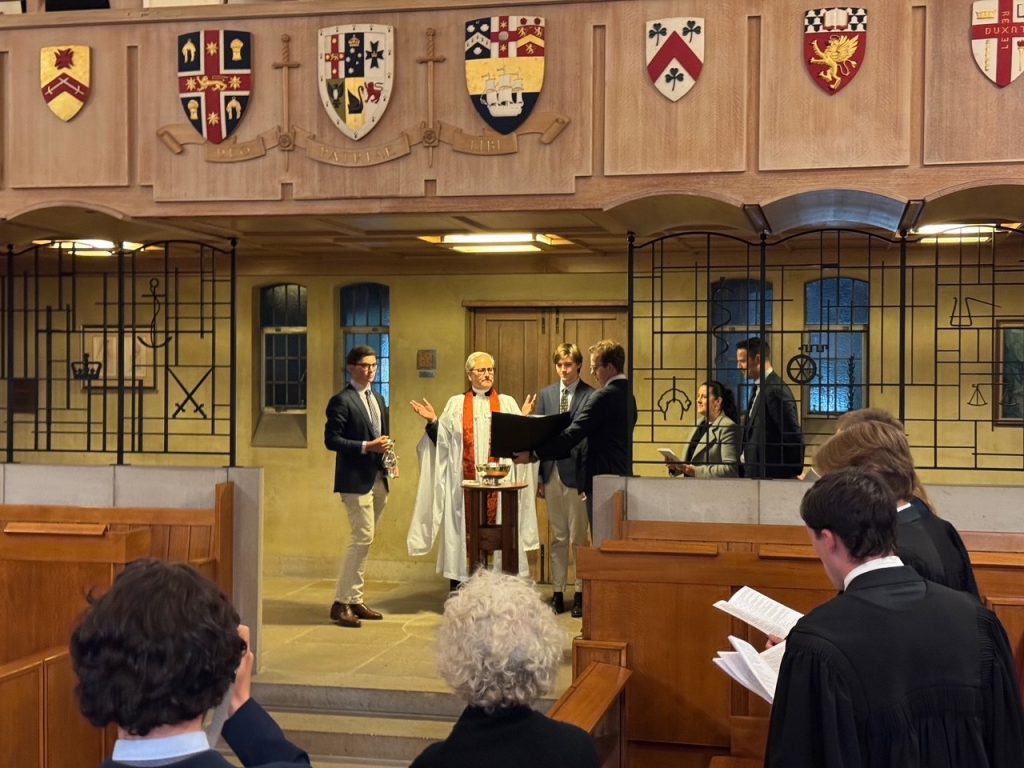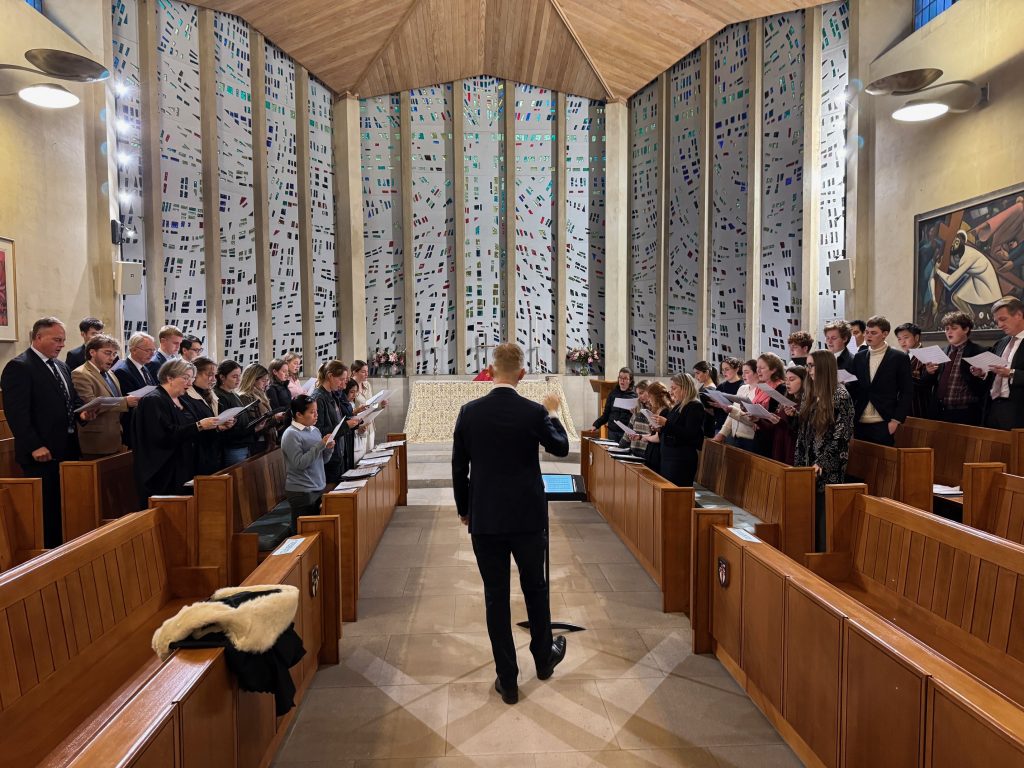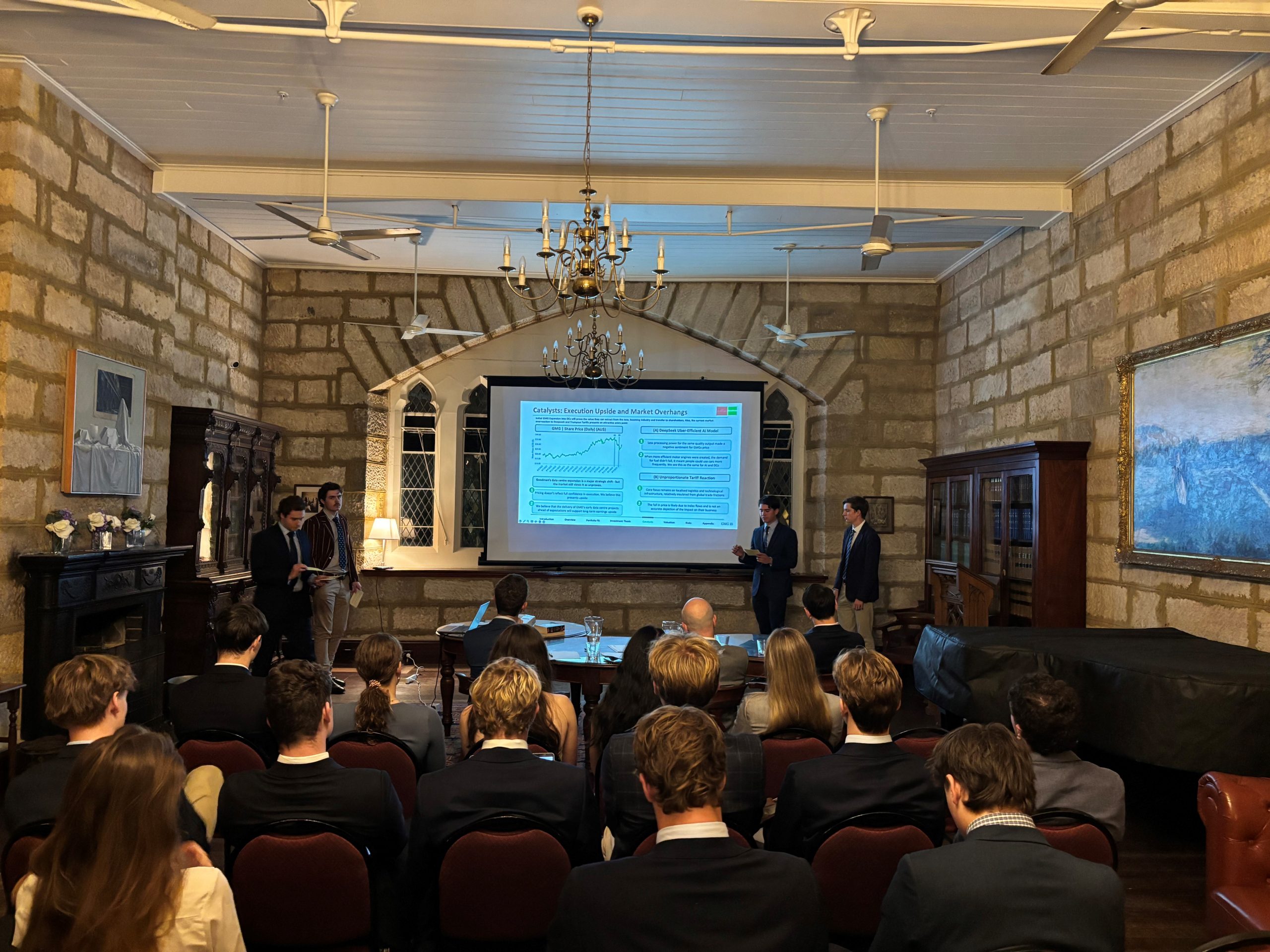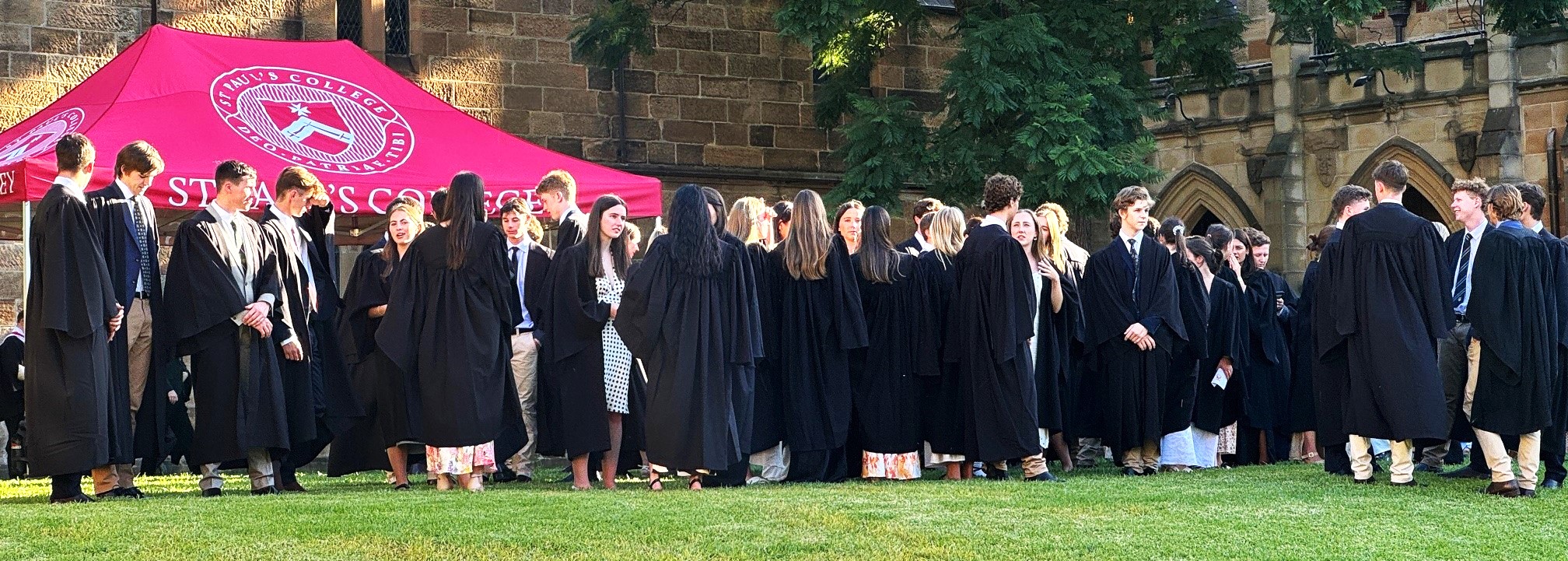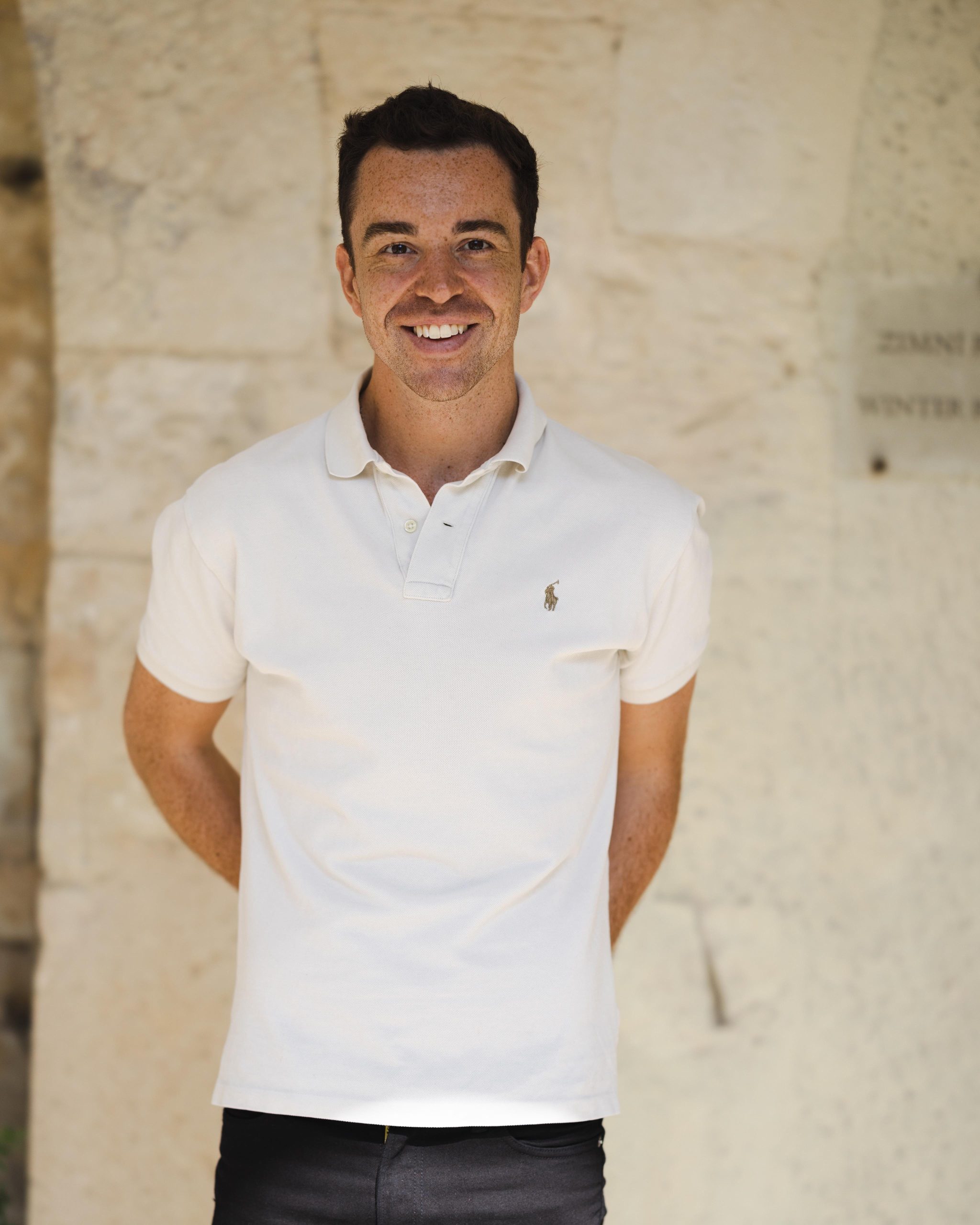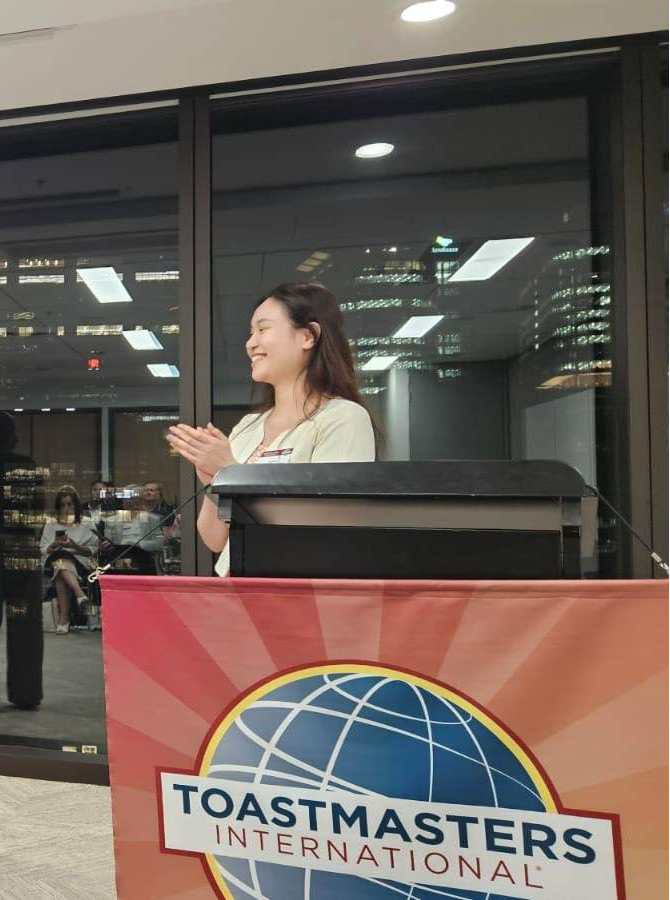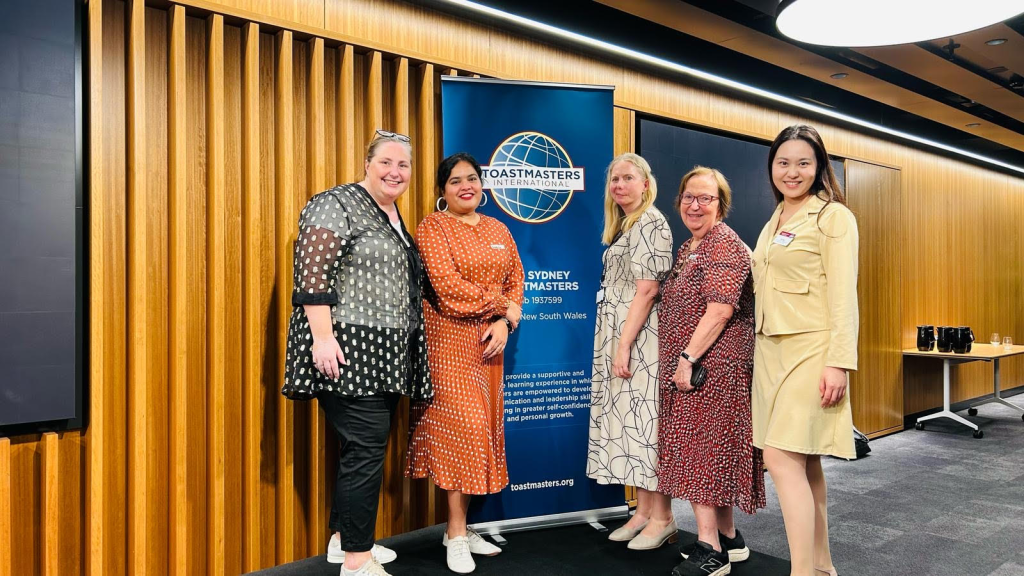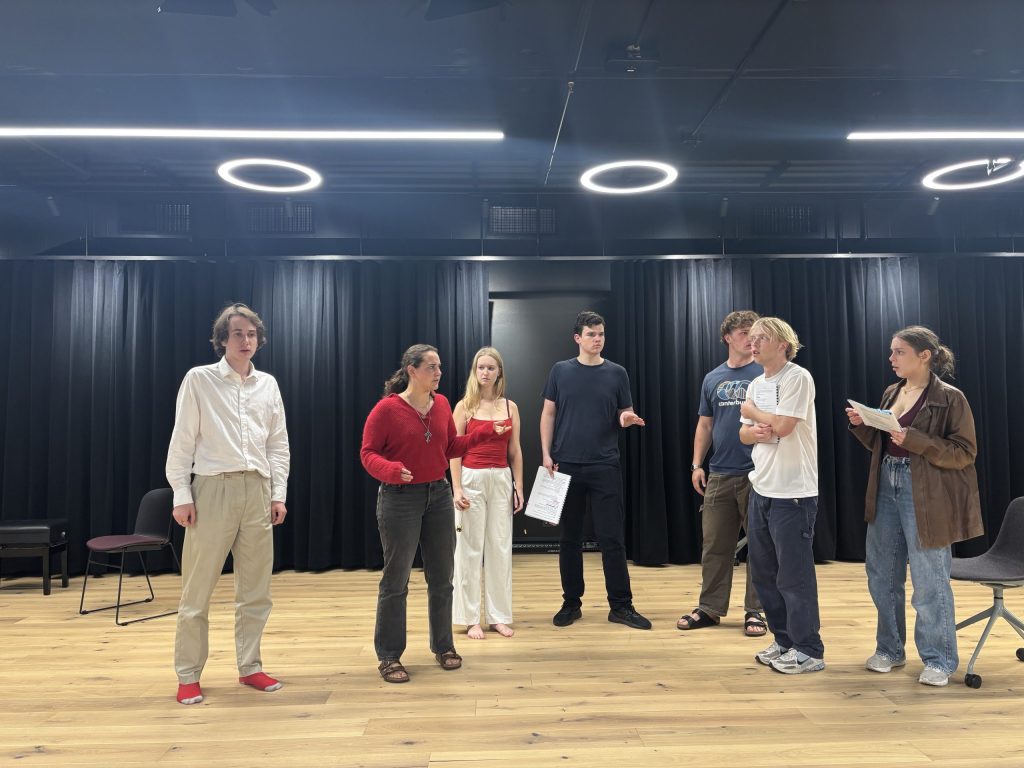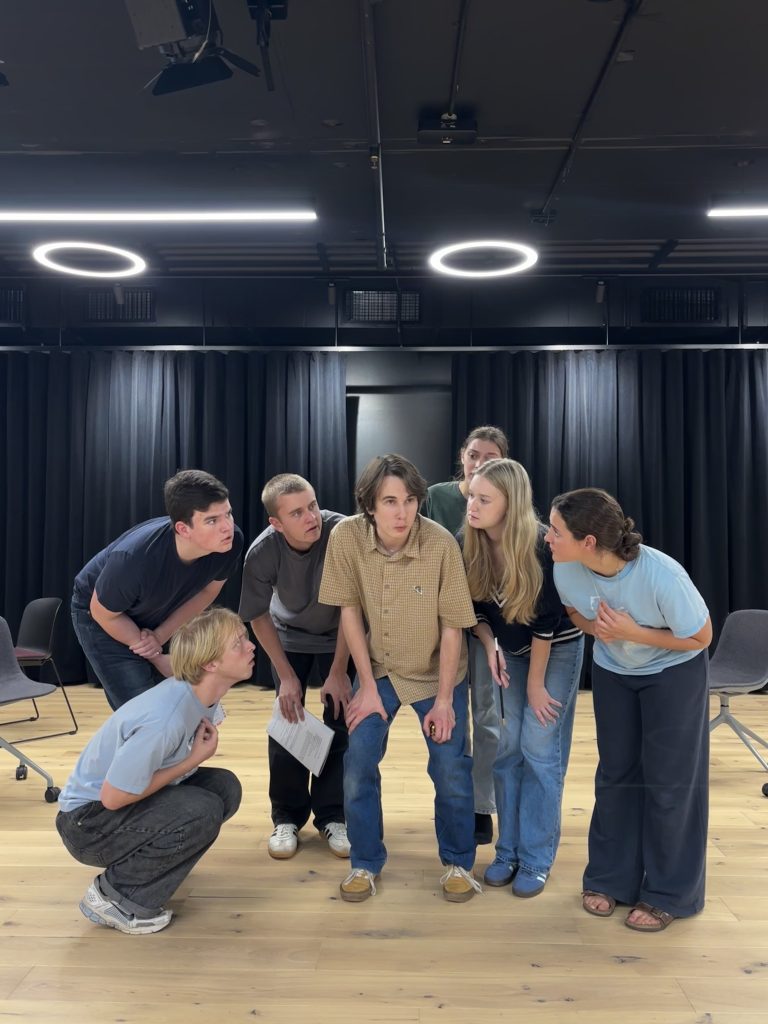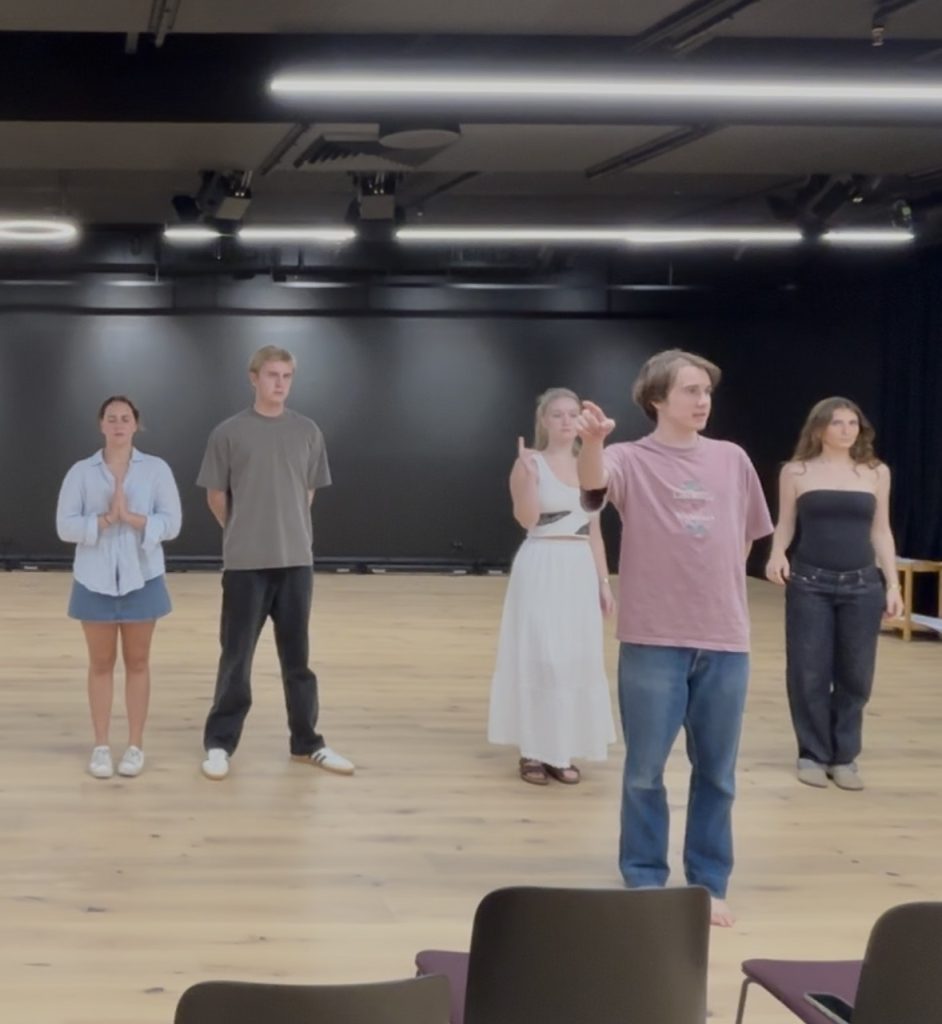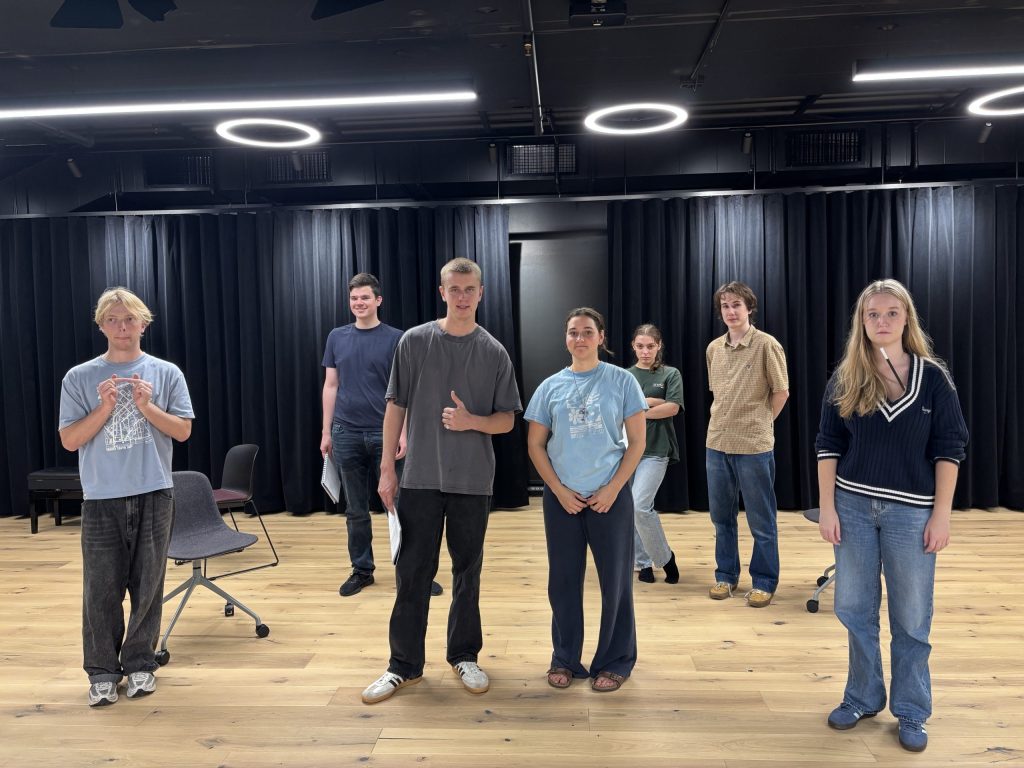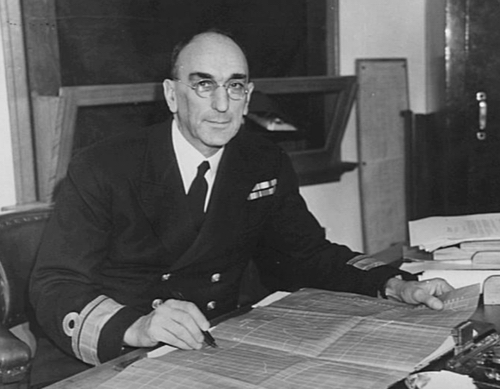The Boomalakka Investment Club is a student-run, not-for-profit investment fund managing approximately A$40,000 in global equities. Founded in 2008, the club provides St Paul’s students with an unparalleled, hands-on opportunity to engage in active investment management while promoting financial education, professional development, and social impact.
Pictured is the successful Semester 1 Pitch Night, where student teams presented their investment ideas to ex-Paulines Nick Brown (in College 1999-2004), Jack Dwyer (2005-08), and Charles Pegum (2019-20). It was an incredibly insightful evening, with the alumni offering valuable advice and feedback on student presentations and investment strategies.
The club is structured around a comprehensive governance model with a Chief Investment Officer, Chief Financial Officer, and Chief Operating Officer, supported by sector leaders covering key industry verticals. Ryan Lynch (2023- ), Chief Investment Officer says: “Investment decisions are democratically voted upon by members and guided by a formal Investor Policy Statement, ensuring discipline, accountability, and transparency in portfolio management.”
The club’s mission is twofold: to develop future finance professionals and to give back to the community. All dividends from the investments are donated to The Smith Family, helping support disadvantaged Australian youth. This charitable angle reinforces the members’ commitment to using finance for social good.
Key initiatives include:
• Shark Pitch Night: A flagship event where student teams pitch investment ideas to a panel of
professionals, including representatives from UBS.
• Educational Seminars: Regular workshops and guest lectures from alumni and industry
leaders to deepen investment knowledge and career insights.
• Daily Financial Newsletter: A student-run publication offering market analysis and updates
to promote financial literacy among members.
The club fosters a collaborative and inclusive environment where students learn by developing and defending investment theses, managing risk, and navigating real-world market dynamics. Members gain exposure to a structured investment process, professional-grade analysis, and direct interaction with practitioners in the finance industry.
As part of its ongoing development, the Club is actively working to strengthen relationships with old Paulines, recognising the immense value their industry experience and professional insights can offer. By fostering deeper alumni engagement, the aim is to create opportunities for Paulines to connect with current students through mentorship and guest speaking. This mutual exchange not only enriches the educational experience of students but also allows alumni to play a meaningful role in shaping the next generation of finance professionals within the College community.
If you are interested in helping as a guest speaker please contact Richard Morgan at the College on community@stpauls.edu.au or 02 9550 7444.
